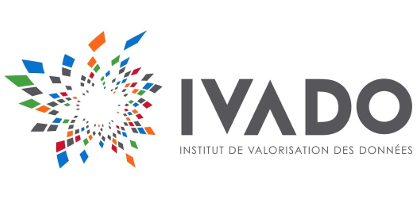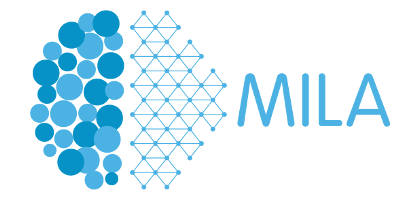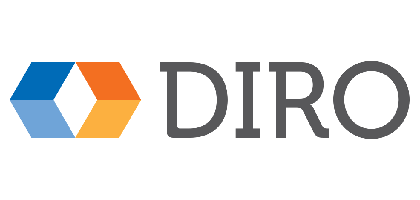Partnerships

Industrial member of the Institute for Data Valorization
IVADO is a joint initiative by academia (HEC Montréal, Polytechnique Montréal and the University of Montreal) and industry. Its goal is to develop a new economic sector evolving around massive data processing to support decision making.

Collaboration with the Montreal Institute for Learning Algorithms
The machine learning laboratory at the University of Montreal is one of the world’s leading teams in artificial intelligence and deep learning.


Department of Computer Science and Operations Research at the University of Montréal
The Department of Computer Science and Operations Research (DIRO) was one of the first university-level computer science departments in North America. At the master's and doctoral levels, the international-caliber research conducted in the DIRO is a major attraction for students looking for a cutting-edge environment in which to study and work.
Projects
New Brunswick, Newfoundland & Labrador and Northwest Territories Consolidated Statutes and Regulations Enhanced with AI Summaries, and More!
Lexum is pleased to announce that consolidated legislation from New Brunswick, Northwest Territories, and Newfoundland and Labrador have been automatically summarized using AI and are now available on the CanLII website. The content enrichment for these provinces and territories has grown significantly, and we would like to thank their respective Law...
Lexum Enhances NMOneSource with AI-Powered Summaries for Opinions
NMOneSource is the reference for residents of New Mexico seeking easy, safe, and reliable access to legal documents. As the premier source for judicial opinions, statutes, court rules, and other legal information, NMOneSource ensures its users can confidently and clearly navigate the complex world of law. Accessing these documents provides primary...
AI-Powered Case Analysis Added on CanLII for Case Law from New Brunswick, Newfoundland and Labrador and Northwest Territories
The rollout of AI-powered enrichments to historical case law for Canadian provinces on CanLII continues! After Alberta, Saskatchewan, Manitoba, and Prince Edward Island, we are pleased to announce the addition of three new provinces/territories to this list: New Brunswick, Newfoundland and Labrador and Northwest Territories. From now on, AI Analysis...
Background
Our technology enables organizations of all sizes to deliver content to end users with unparalleled speed and efficiency. We are constantly looking for new ways to automate and streamline the operation of legal information databases. Over the years, this has led us to replace manual editing by complex algorithms based on heuristics whenever possible.
One such example is Lexum’s citator, Reflex, which is used to automatically insert links on legal citations included in the text body of legal documents.
Another example is Decisia’s auto-fill feature, which enables our clients to extract all sorts of metadata values directly from the body of their unstructured documents in one single click.
This expertise, coupled with the large volume of legal information available to Lexum in parsable format, puts us in a unique position to leverage the opportunities presented by recent developments in the field of artificial intelligence, machine learning and deep learning.
Innovation has been part of Lexum’s DNA since the beginning. Twenty-five years ago, we started providing access to Supreme Court of Canada decisions on a Gopher server before the Web was even invented. Eventually, static webpages gave place to dynamic websites, and more recently bespoke software code gave way to Software-as-a-Service (SaaS) products. Overall, in collaboration with the clients and partners who have trusted us, we have transformed the legal publishing industry. We intend to continue doing so.

